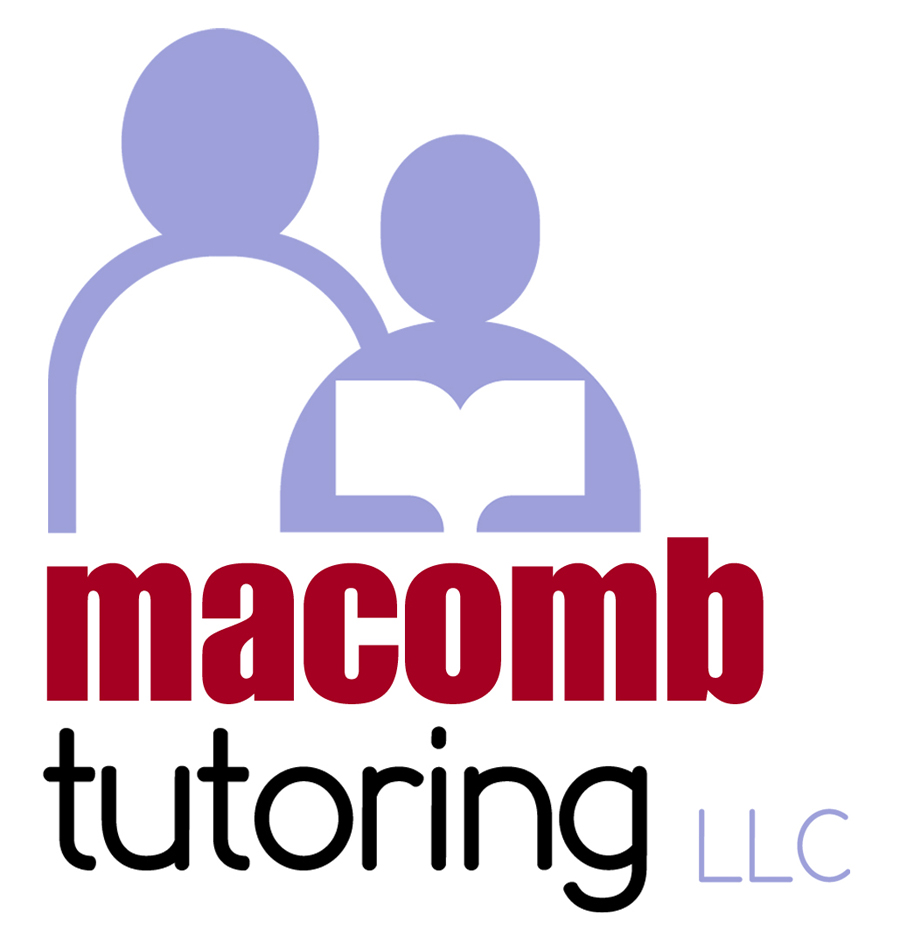Studying for Tests: Strategies for Avoiding Last Minute Panic
by Lenore Lambert
Much of the stress of test-taking can be alleviated by preparing early.
Panic. Anxiety. Worry. Resignation. Perhaps you spend the few days leading up to a test in a state of fear. Or maybe you spend that time calmly expecting the worst. You may still have uncompleted assignments, notes to review, concepts to master – and you might feel like the task of preparing for an upcoming test is just too big. Early preparation can be key in changing your approach to tests, and the test's outcome -- for the better!
One of the first and most important steps in effectively preparing for a test is to start early. Students will often think they have plenty of time to study, and that's true if they begin studying for a test as soon as they are assigned a new chapter or unit. Studying for the next test really should begin as soon as the last test ends.
Studying from the start of a chapter is a matter of staying on top of things: be sure to do all assignments and read assigned reading when it is assigned. Pay close attention to the vocabulary words, illustrations, maps, charts, graphs, etc., that are presented in the text. Examine any bold-faced text within a chapter as well as the review sections at the end of units or chapters -- these can be great for understanding the concepts presented in a chapter. If a class doesn't use a text, the handouts and notes gathered during class, along with your homework assignments, will become the basis for studying. Remember, during lectures, your teacher will often give clues to what might be included on a test. If the teacher is stressing a certain concept or reviewing it a lot, it will likely show up on a test. Sometimes a teacher will simply tell students, "Look for this on the next test.” Be sure to make note of it.
As you work through a new chapter or unit, you can take your own notes based on your reading, or make your own flashcards to supplement your learning. The act of rewriting information can be a very powerful instrument for getting that information into the brain in usable and retrievable form. Creating lists of words, concepts and ideas that fit together can also be helpful. And mnemonics are a great tool for memorizing important steps or groups of things. For example, Please Excuse My Dear Aunt Sally (PEMDAS) is the mnemonic used to remember the Order of Operations in mathematics. If there are concepts you are not clear on, ask your teacher for clarification, or study with a friend who is doing well in the class. Because other concepts may build on the ones you are currently working on, it’s best to get help as soon as possible.
Procrastination is not the best strategy to use for preparing for tests. Make the most of your time and potential for doing well on a test by starting to prepare early. Early preparation will help you to confidently take tests and to achieve better results.
photo credit: sarapulsar38 – Fotolia.com


